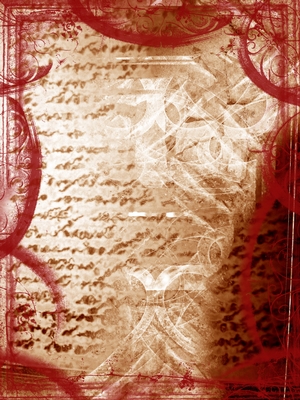
Old words are just as interesting as new words. But how old is old? We use a good number of words today that go all the way back to Old English, the language of the Germanic peoples who invaded and then settled in England in the fifth century A.D. These “native” words are some of our most common ones, such as parts of the body: head, foot, arm, hand, finger, toe, neck, eye, nose, mouth, hair—but not, oddly enough, leg.
Leg came into English a couple of centuries later from Old Norse, the language of the Vikings, who had also invaded England and ended up settling there. It displaced the native word (Old English scanca), which survives today as shank, used mostly for an animal’s leg or a cut of meat, and in the old-fashioned expression, “to go on shank’s mare,” meaning to walk. The circumstances of this adoption by English speakers of what was a foreign word are unknown.
If you want to know how old the names of other body parts are, you can check their etymology in any good, college-size dictionary. Of course, in the case of some words—even very common ones—the ultimate origin is not known. But such mystery words are another story.
Some other native English words include high, sing, hit, dream, draw, good, come, go, silver, gold; also, sun and moon and day and night. Father, mother, and child developed from Old English, but family came from Latin in the 15th century.
As you can see, these native words are typically our shortest words in modern English (some of the words often called collectively the “four-letter words” are native words too), but many of them were longer in Old English. Examples are lord and lady, whose Old English forms were hlaford—and earlier, hlafweard—and hlaefdige, respectively. An example of a modern two-syllable native word is neighbour; the Old English form, neahgebur, had four syllables.
The story of English is what could be called a fascinating mess. Since its earliest period, it has been freely absorbing words from other languages, so that even many borrowed words—such as leg, mentioned above—are already very old. But all those old words were once new, weren’t they?
New words, old words, shy words, bold words » is a four-part series about English words and their origins.
Previous post: New Words
Next post: Shy Words
Discover more from L'HEBDOMADAIRE DES RÉVISEURS
Subscribe to get the latest posts sent to your email.
